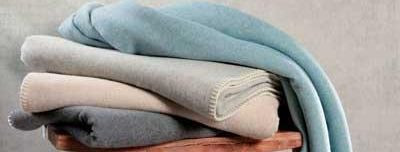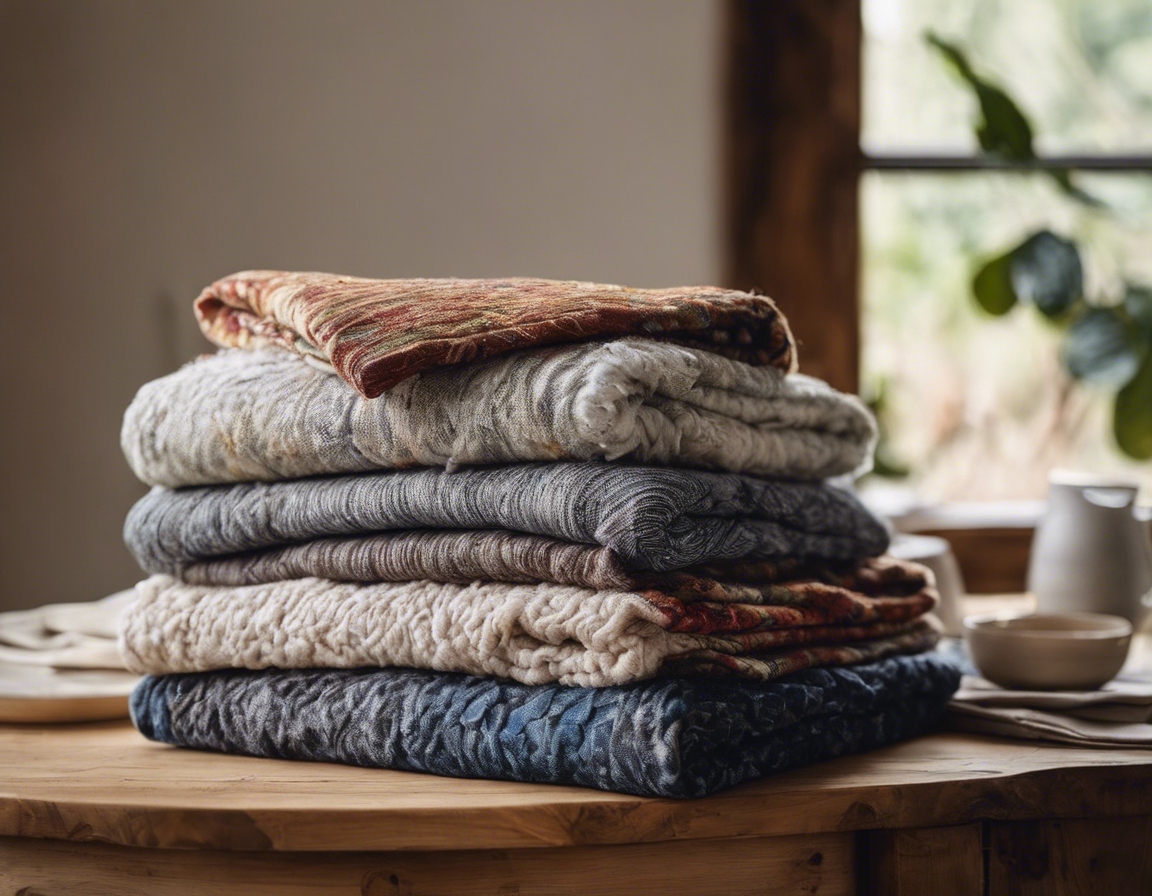Why eco-friendly clothing is the future of fashion
As the world becomes increasingly aware of the environmental challenges we face, the fashion industry is undergoing a significant transformation. The concept of sustainable fashion is gaining momentum, with designers, manufacturers, and consumers alike recognizing the need for a more responsible approach to fashion.
Eco-friendly clothing refers to garments that are designed, manufactured, and distributed in ways that minimize their environmental impact. This involves using sustainable materials, ethical labor practices, and processes that reduce waste and pollution.
The Environmental Impact of Traditional Fashion
The fashion industry is one of the largest contributors to global carbon emissions, with traditional manufacturing processes being highly energy-intensive. The production of synthetic fibers, for example, releases significant amounts of greenhouse gases.
Water consumption and pollution are other critical issues in the fashion industry. The production of a single cotton shirt can require thousands of liters of water, while dyeing processes often lead to toxic chemicals being released into waterways.
Fast fashion exacerbates these environmental issues by promoting a culture of disposable clothing, leading to increased waste and a higher demand for resource-intensive production.
Benefits of Eco-Friendly Clothing
Eco-friendly clothing aims to mitigate the environmental damage caused by traditional fashion practices. By using organic materials, reducing water usage, and minimizing chemical pollution, sustainable fashion brands are making a positive impact.
Many eco-friendly clothing brands are also committed to ethical labor practices, ensuring fair wages and safe working conditions for their workers. This social aspect of sustainability is crucial for the future of fashion.
Garments made from organic and natural fibers are not only better for the environment but also for the health of consumers. They often contain fewer allergens and toxic chemicals than their synthetic counterparts.
The Role of Consumers in Sustainable Fashion
Consumers play a vital role in the sustainable fashion movement. As awareness grows, more individuals are seeking out eco-friendly clothing options and are willing to invest in quality over quantity.
It's important for consumers to learn how to identify eco-friendly clothing. This includes understanding labels, recognizing sustainable materials, and supporting brands that prioritize environmental and social responsibility.
The Future of Fashion: Trends and Innovations
Technological innovations are leading to the development of new eco-friendly fabrics that are both sustainable and high-performing. These materials are set to revolutionize the fashion industry.
The slow fashion movement, which emphasizes quality and sustainability over fast consumption, is gaining popularity. This trend is a key indicator that eco-friendly clothing is not just a passing fad, but the future of fashion.






Comments (0)